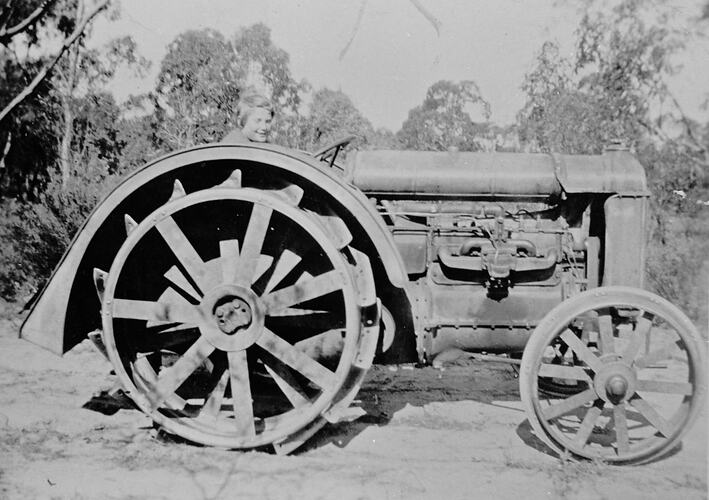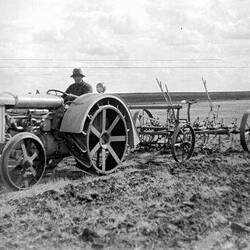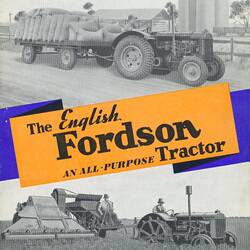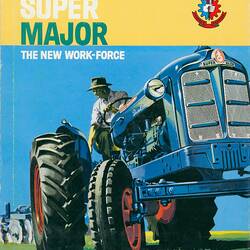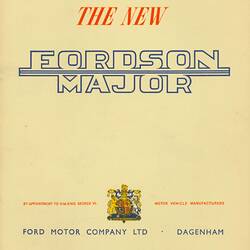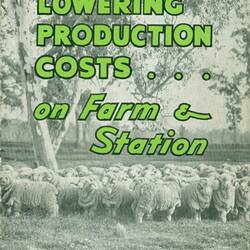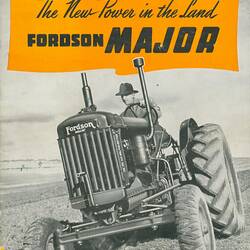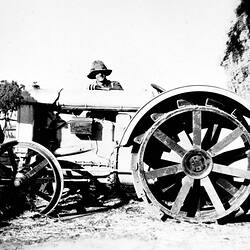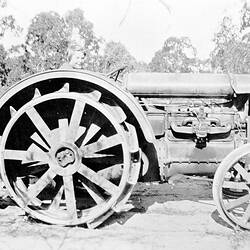Following the worldwide sales success of the Ford Model T motor car, Henry Ford put his long-held plans for an affordable tractor into action. Ford developed a design that incorporated the engine and drive-train inside an enclosed unit that also formed the chassis. This made the machine light, easy to keep clean and cheaper to mass-produce. Production of the initial 1916 Fordson Model F was boosted by orders from the British Government in 1917-18 for about 5000 tractors to increase food production for the war effort and reduce reliance on imports which were under threat from U-boat attacks. A separate company, Henry Ford & Son was formed in July 1917 to produce the Fordson.
Once mass-production got underway at Dearborn, the unit cost came down from US$750 to US$395 and during the 1920s the Fordson revolutionised farming as about 700,000 were made in the USA. A factory at Cork in the Irish Republic began production in 1919 but suffered production and political problems. The Soviet government built Fordson tractors under licence at a factory in Leningrad during the 1920s & 1930s. Despite early reliability problems, wheelslip and a dangerous tendency to flip over backwards if a plough struck a hard object in the ground, the Model F dominated the tractor market world-wide. After a short gap in production in 1928-29, the Cork factory began producing the improved Model N in 1929 but manufacture was soon moved to the Ford plant at Dagenham, Essex in Britain in 1932-33. A new Model E27N Fordson was launched in 1945 but the Fordson name disappeared during the 1960s after the Super Major was taken off the market.
In Australia, the Tarrant Motor Co. in Melbourne was the first Victorian agency for Fordson tractors, and Duncan & Fraser was the first South Australian agent. Tarrant's entered a Fordson into the September 1919 tractor trials at Werribee, Victoria organised by the Royal Agricultural Society. Later the Ford Motor Co. took over sales & marketing when it established local operations in 1926. Some local manufacturers such as Howard Auto Cultivators adapted their equipment to suit the Fordson as this was the easiest way to assure larger sales.
More Information
-
Keywords
-
Localities
-
Authors
-
Article types
